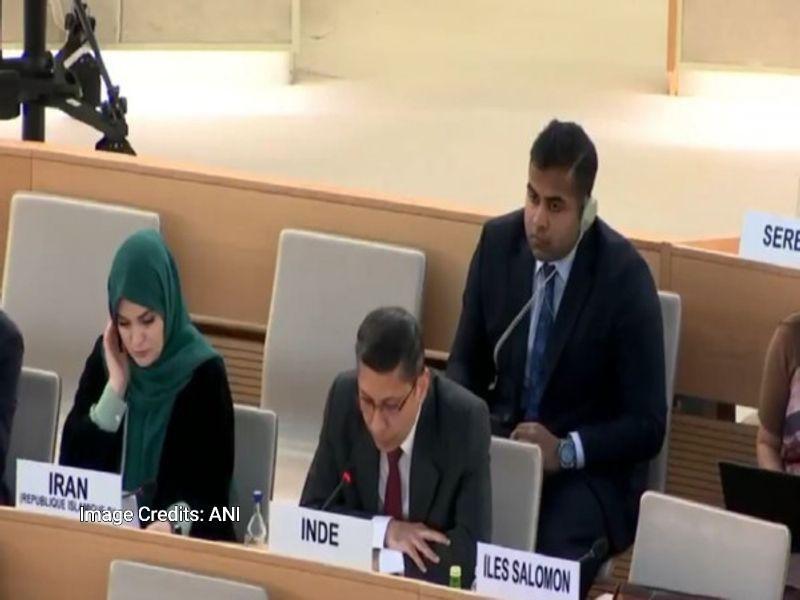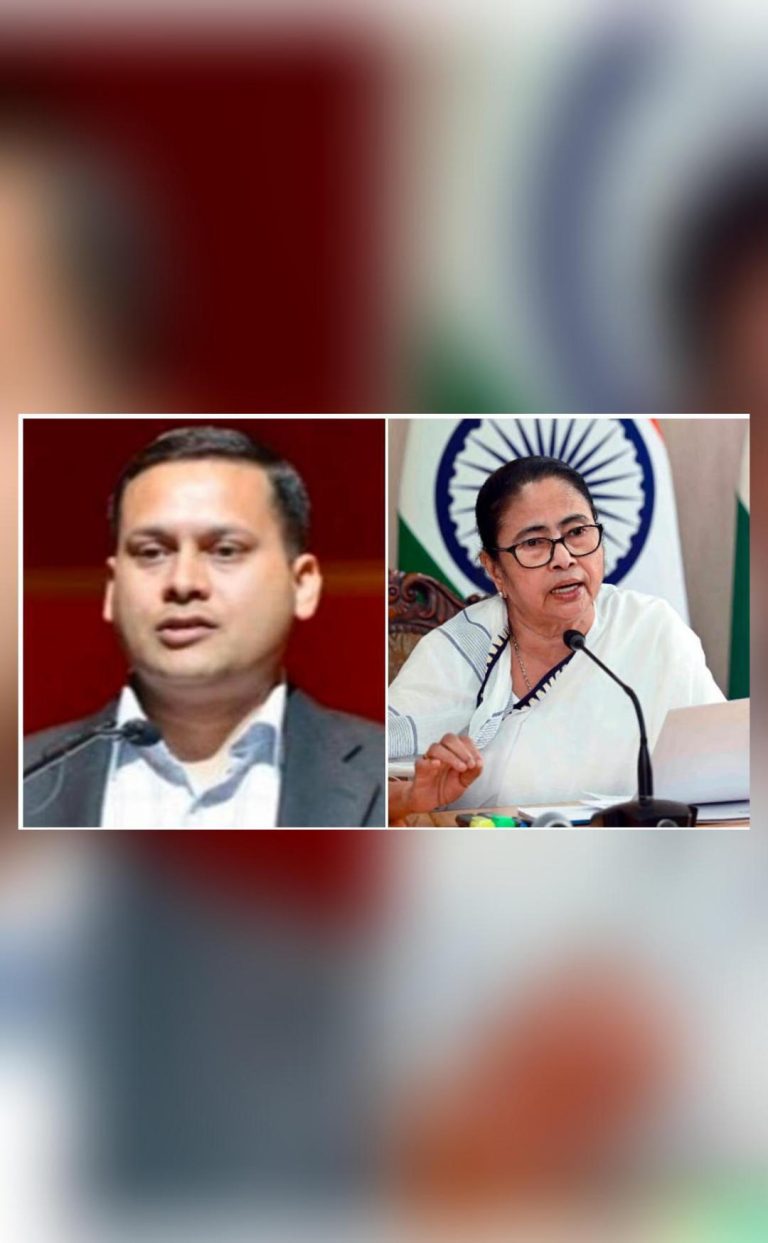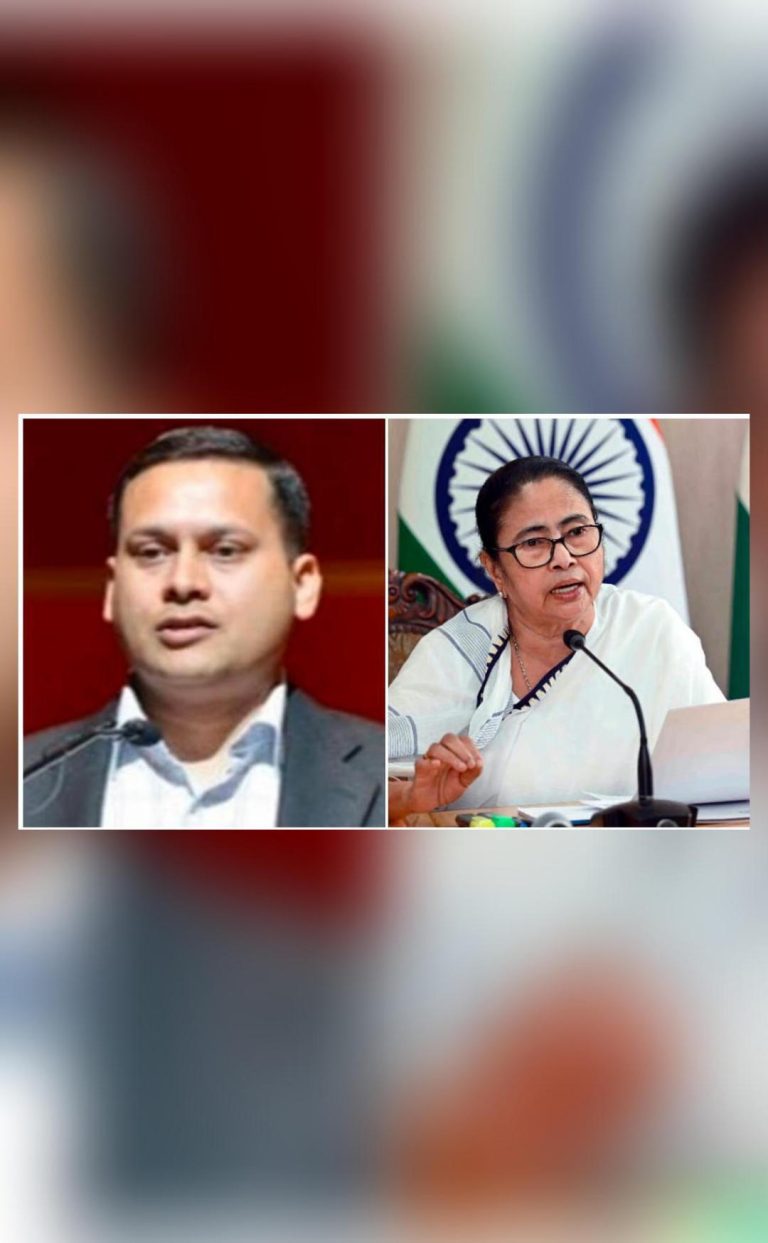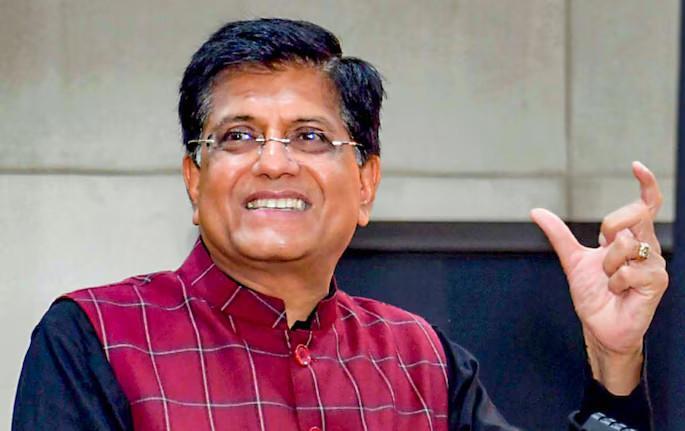
Unfounded, Baseless: India on UNHRC Chief Remarks on J&K, Manipur
In a strong rebuke, India has termed the recent statement made by the United Nations High Commissioner for Human Rights (UNHRC), Volker Türk, on Jammu and Kashmir (J&K) and Manipur as “unfounded and baseless”. The UNHRC chief’s remarks have sparked a heated debate, with India rejecting the allegations and calling the comments “cherry-picking”.
India’s permanent representative to the United Nations, Arindam Bagchi, made the statement on Monday, emphasizing that the world’s largest democracy continues to be a healthy, vibrant, and pluralistic society. The UNHRC chief’s comments, according to Bagchi, were nothing but a reflection of his own biases and selective approach to human rights issues.
In his statement, Türk had expressed concerns over the restrictive laws in J&K and called for addressing the violence in Manipur. While the UNHRC chief’s intention may have been to highlight the human rights issues in these regions, India has taken strong exception to the way the remarks were made.
The Indian government has long maintained that the situation in J&K has been stabilized since the abrogation of Article 370 in 2019, which granted special status to the region. The move was seen as a historic step towards integrating J&K with the rest of the country, and has been credited with improving the overall security situation in the region.
As for Manipur, the government has been working to address the concerns of the people, particularly with regards to the issue of insurgency and violence. The state has seen a significant drop in violence in recent years, and the government has been engaging with various stakeholders to find a peaceful solution to the issue.
India’s rejection of the UNHRC chief’s remarks is not without basis. The country has consistently maintained that human rights issues should be addressed in a balanced and holistic manner, taking into account the specific context and challenges of each region. The UNHRC chief’s statement, on the other hand, was seen as one-sided and biased, focusing only on certain aspects of the situation in J&K and Manipur while ignoring the broader context.
India has also pointed out that the UNHRC chief’s remarks were made without consulting the Indian government or taking into account its perspectives. This, according to India, is a clear violation of the principles of cooperation and consultation that are essential for effective multilateralism.
The Indian government’s stand on the UNHRC chief’s remarks is a clear reflection of its commitment to defending its sovereignty and territorial integrity. The country has consistently maintained that its internal affairs should not be dictated by external forces, and that any attempts to interfere in its internal matters would be strongly resisted.
In conclusion, India’s rejection of the UNHRC chief’s remarks on J&K and Manipur is a necessary step towards upholding its sovereignty and territorial integrity. The country’s commitment to human rights and democratic values is well-established, and it has consistently worked to promote these values both within its borders and at the international level.
The UNHRC chief’s remarks, on the other hand, were seen as an unwarranted interference in India’s internal affairs, and have only served to undermine the credibility of the UNHRC. It is essential for the international community to recognize India’s sovereignty and territorial integrity, and to respect its right to govern itself without external interference.






